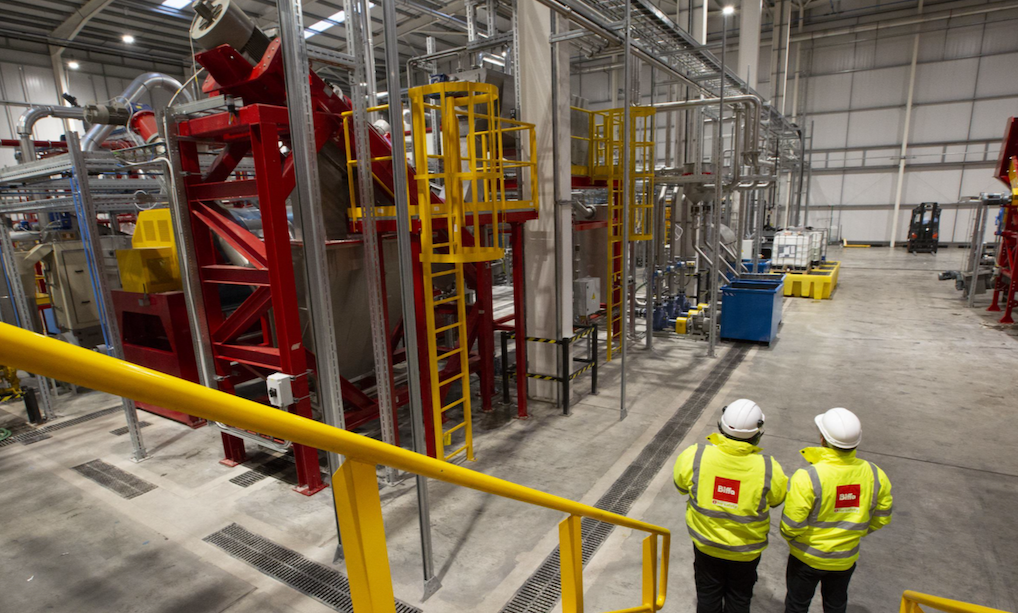Nov 18 2020
Biffa, the UK’s leading sustainable waste management business, is to be part of a new £1.5m collaborative venture led by The University of Manchester which aims to develop simpler methods of plastic recycling. The venture will focus on challenging plastic waste collection methods, as well as improving UK recycling infrastructure so that more recycled material can be fed back into a plastic circular economy.

Biffa will be a key partner in the venture, applying its specialist knowledge of plastic recycling, including of recycling polyethylene terephthalate (rPET) which is commonly used in clothing fibres, liquid containers and manufacturing, to advise on the best way to simplify the recycling process. It will be one of 17 industry partners and local authorities, including Britvic, BASF and Co-op, collaborating on the project.
‘One bin to rule them all’ is being funded by the government as part of UK Research & Innovation’s (UKRI) Industrial Strategy Challenge Fund, ‘Smart Sustainable Plastic Packaging,’ which aims to establish a portfolio of academic-led research and development to address known problems and knowledge gaps in relation to plastic packaging. Biffa is also a key partner in another UKRI funded cross-industry plastic recycling initiative, the Poseidon Project, which received £3.4 million of funding from UKRI and aims to create a process to chemically recycle harder grades of PET (polyethylene terephthalate) material.
Biffa’s involvement in such plastic recycling initiatives is reflective of the company’s position as a pioneer in closed loop plastic recycling. For many years Biffa has been turning waste plastic into materials that are a substitute for virgin plastic – in the last decade it has reprocessed over three billion plastic milk bottles and today 85% of milk bottles in the UK contain Biffa material. By 2030, it is the company’s ambition to quadruple its plastic recycling capacity.
Mick Davis, Chief Operating Officer for Biffa’s Resources & Energy Division, commented: “The ‘One Bin’ project has enormous potential to help towards solving the UK’s waste challenge. Simplifying recycling for consumers whilst simultaneously creating more value for manufacturers by using recycled plastic addresses the entire supply and is the most effective way to solve this problem. Our involvement in the project supports Biffa’s focus on creating a closed loop economy, as well as our calls for a simpler recycling system in the UK.”
‘One bin’ project lead, Professor Michael Shaver from the University of Manchester, Director of the Sustainable Materials Innovation Hub and Sustainability Champion for the Henry Royce Institute, said: ‘As a polymer scientist, it is clear that the overwhelming challenge of plastic waste management cannot be overcome with materials science alone. We can improve the recyclability of plastics but we need to understand how people interact with waste streams to ensure they are fit for purpose. The ‘One bin’ project’s holistic approach will innovate the creation, use and disposal of plastics simultaneously.’
Paul Davidson, challenge director of the SSPP challenge, said: “The Enabling Research projects are a huge step forward in enabling the UK to find better solutions to existing problems in how plastic packaging is made, used and disposed of. It aims to fundamentally change how we package and recycle items for the benefit of the environment.
“This funding will help experts from across the country address the important issue of making plastics more environmental-conscious.
“We look forward to hearing the outcomes of this project investment and how this will benefit both the UK and global environment.”